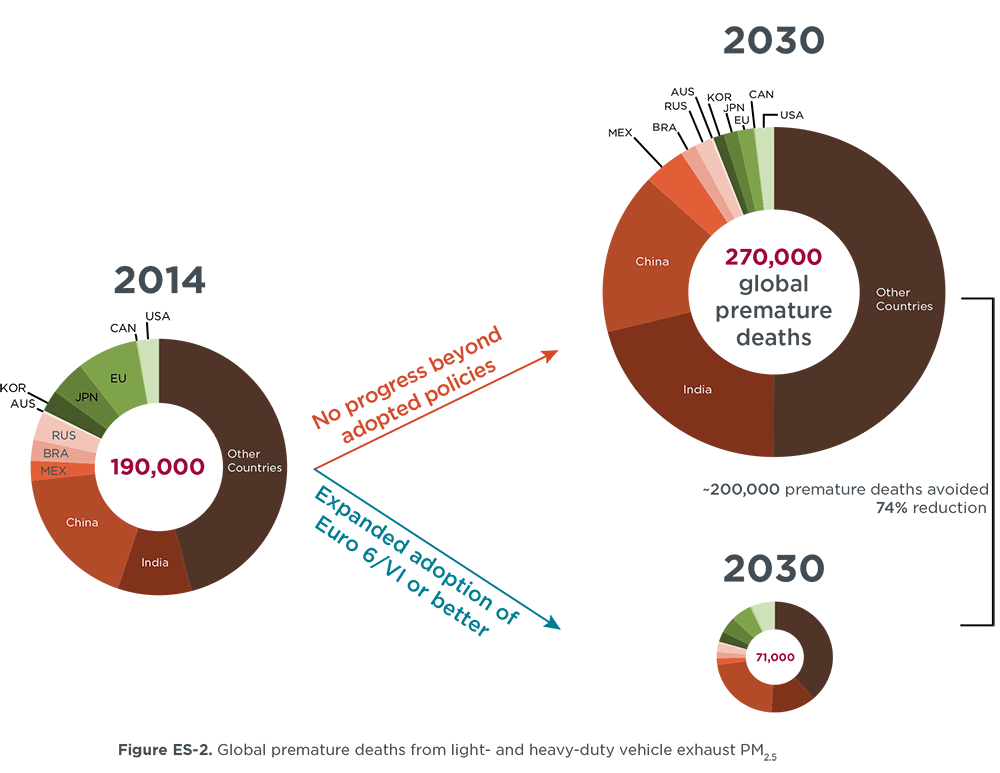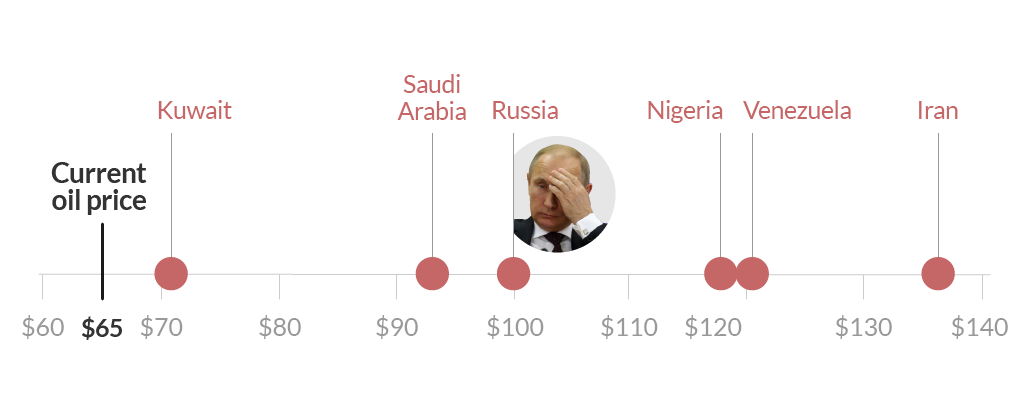Job Alert: Bicycle Program & Transportation Communications Coordinator – Virginia Tech @ Blacksburg, VA
Position Summary: The Bicycle Program & Transportation Communications Coordinator will coordinate the bicycle management program on campus, and identify opportunities to enhance bicycle safety initiatives. Based on benchmarking from other universities, recommend new and innovative bicycle programs for the campus community. Engage students and employees in bicycle planning. Serve as alternative transportation representative on university and/or locality committees reviewing bicycle programming and/or safety. Provide GIS data collection and mapping for alternative transportation and other Parking and Transportation units. Coordinate campus notices, news stories and special features for the Alternative Transportation program as well as other Parking and Transportation units for review by the division communication manager.
Required Qualification: Bachelor’s degree in urban planning or public administration or equivalent training and experience. Demonstrated experience with alternative transportation modes (with an emphasis on bicycling). Working knowledge at the proficient level of GIS software, including ArcGIS, to record and analyze data, and make useful maps. Demonstrated experience analyzing and summarizing data in a variety of formats. Excellent customer service skills. Extensive computer experience and proficiency with Microsoft Word and Excel. Experience using illustration and desktop publishing software such as Adobe CS/5. Ability to complete numerous projects and details simultaneously and accurately. Excellent communication and interpersonal skills.
Preferred Qualifications: Experience working in university setting. Experience preparing press releases. Experience developing bicycle programs. Experience working with advocacy constituents.
For a complete listing of position qualifications, and to apply, please visit www.jobs.vt.edu, and search for posting SW0150063. Review of applications will begin 2/09/2015.















